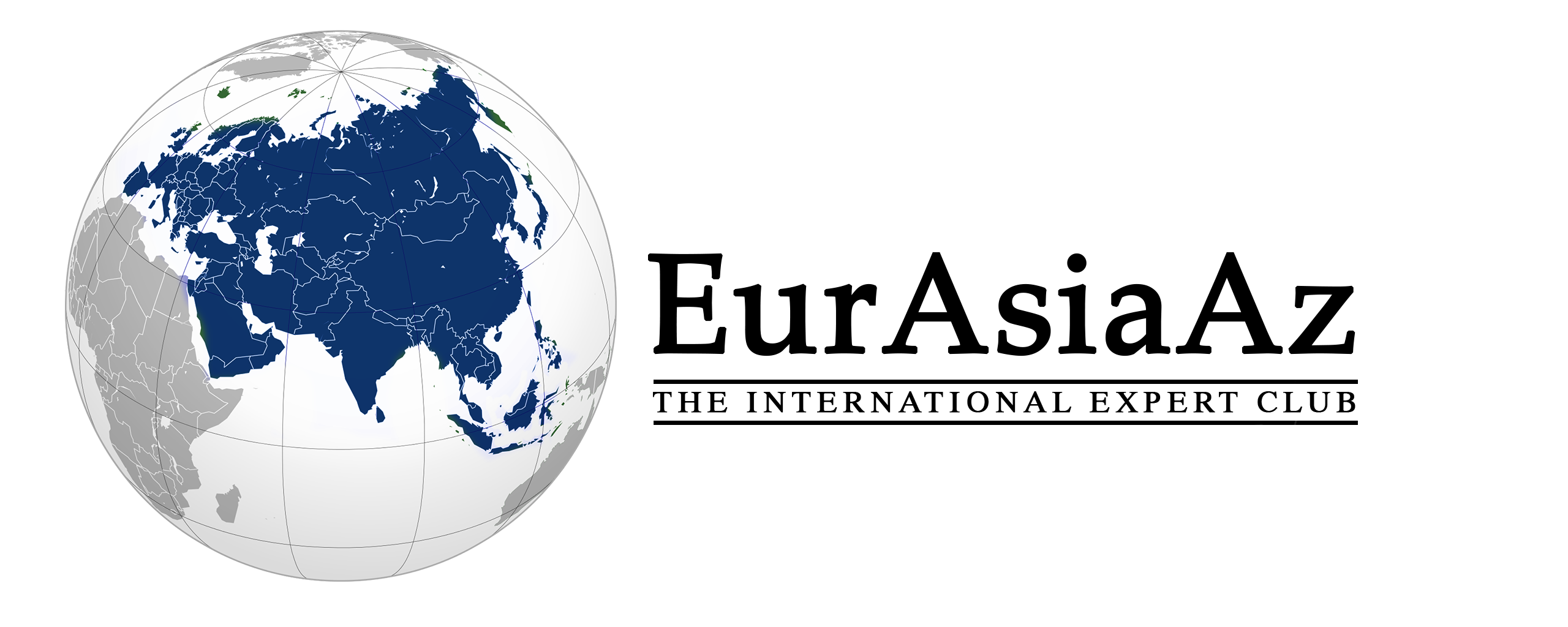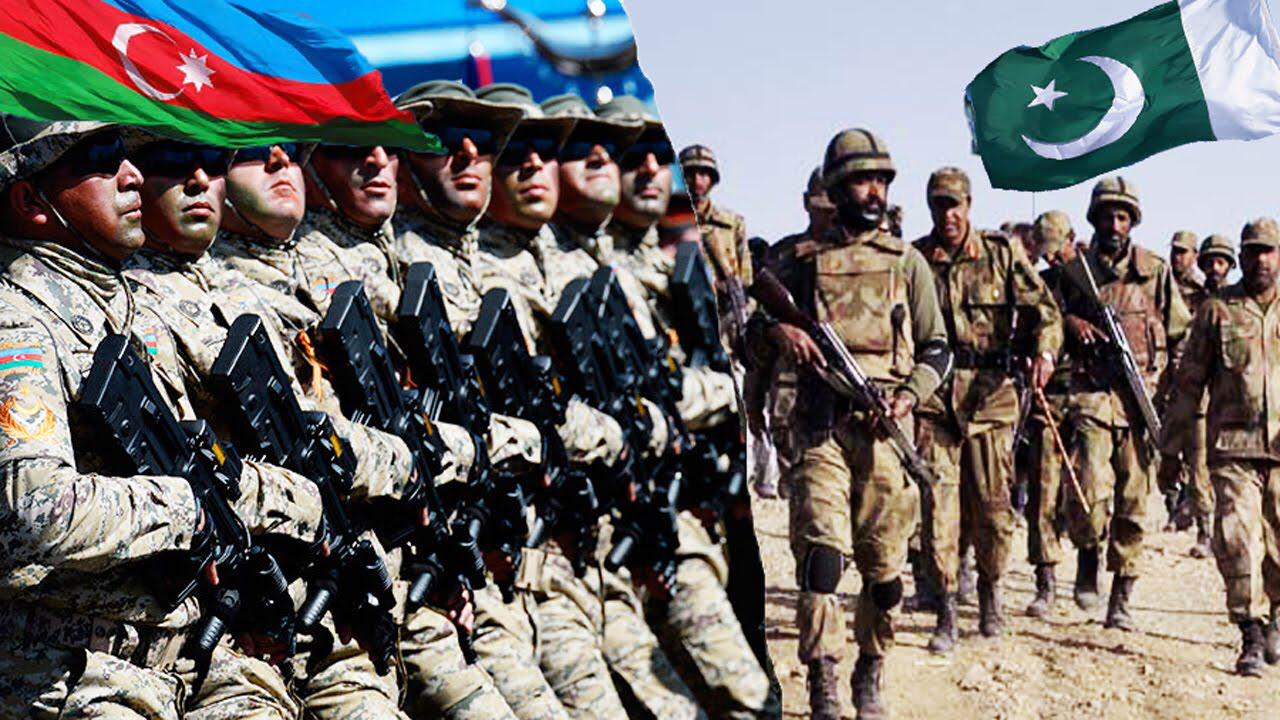Terrifying tragedy in Khojaly must never happen again

By Khalid Taimur Akram
In the early 1990s, an armed conflict engulfed the South Caucasus region when Armenia launched aggressive military action against Azerbaijan with the aim of implementing its long-standing plan towards occupying Azerbaijani territories. The unilateral secession of Nagorno-Karabakh from Azerbaijan and the annexation of it to Armenia constituted the core of this plan. As a result, Armenia occupied this region, including Khojaly, and seven other districts of Azerbaijan. The war that followed this aggression took thirty thousand lives, and nearly one million Azerbaijanis became refugees and internally displaced persons, while thousands of people disappeared without a trace.
Khojaly is a district located in the mountainous Karabakh region of Azerbaijan. At the night from the 25th to 26th February of 1992, the crime committed in Khojaly city by Armenian armed forces together with the 366th moto-artillery regiment of the former Soviet army dislocated in Khankendi was an act of genocide from the international law perspective. A lot of heavy military equipment of this regiment entered the city, the perpetrators annihilated with a special cruelty the people who were forced to leave the city in horror and razed the city, totally destroyed and burned down the houses and social infrastructure. The only reason that these people were brutally killed was that they were Azerbaijanis.
During the Khojaly genocide, 613 people, including 106 women, 63 children and 70 older people were killed; hundreds of people were severely injured; 1275 people were taken hostages. 8 families were totally exterminated, 25 children lost both, whereas 130 children lost one parent; captives and hostages were subjected to merciless torture. As a result of ethnic cleansing policy of Armenia who expanded the scope of military aggression against Azerbaijan by perpetrating this tragedy and occupied Lachin, Kalbajar, Aghdam, Jabrail, Fuzuli, Gubadli, Zangilan rayons beyond the borders of Nagorno-Karabakh, which is integral part of Azerbaijan, 20,000 citizens of Azerbaijan were killed, 20 percent of its territory was occupied.
This massive killing of human beings, committed by the Armenian invaders, unambiguously, is an act of genocide due to its unimaginable cruelty and tortures. Hence, under international law, genocide is considered to be one of the gravest crimes and the elements of this crime are determined in a number of legal documents. The UN General Assembly Resolution 96 (I) dated 11 December 1946, states that genocide, violating the right of people to life, damages human dignity, and deprives the mankind of the material and spiritual values created by human beings, is contrary to the spirit and aims of the United Nations, as well as to universal values and the world community condemns it.
The following elements of the crime of genocide, as defined under international law, are present with regard to the attacks on civilians in Khojaly: the actus reus consisting of killing and causing serious bodily or mental harm; the existence of a protected group being targeted by the authors of the criminal conduct; and the specific genocidal intent to annihilate, in whole or in part, a group distinguished on racial, ethnic, national or religious grounds. According to the findings of the investigation, the following requirements are met for the purpose of sustaining the genocidal charges with regard to the crime committed in Khojaly: the clear and convincing proof of the intent to destroy the group in whole or in part; the fact that the destruction that took place in Khojaly was “significant” enough to affect the defined group as a whole; and the crime was committed within a specific geographic locality.
Thomas de Waal, a famous expert on Nagorno-Karabakh conflict, in his book "Black Garden" cites remarks by Serzh Sargsyan, the then "field commander" and former president of Armenia, from an interview with him: "Before Khojaly, the Azerbaijanis thought that they could joke with us, they thought that the Armenians were not capable of raising their hand at the civilian population. We managed to break this (stereotype). That is what happened."
“Justice for Khojaly” international campaign initiated by Leyla Aliyeva, the Vice-President of the Heydar Aliyev Foundation of Azerbaijan, is one of the purposeful measures taken for dissemination in the world of the true information about the Khojaly genocide and recognition of this tragedy as an act of genocide committed against the people of Azerbaijan. Within last years, the genocide policy of Armenia against Azerbaijan is condemned all over the world; bloody crime committed in Khojaly is getting recognized in compliance with the norms of international law.
Till date 15 parliaments of the world countries, as well as Senate and National Assembly of Pakistan, and more than 20 legislative bodies of US States have recognized the Khojaly events as genocide and adopted relevant resolutions and other documents on the issue. It should be particularly noted that Armenians have destroyed Islamic monuments, mosques and shrines, and insulted these places by using them as barn for pigs. The main aim was to eliminate tracks of Islam in the occupied lands.
Organization of Islamic Cooperation was the first international organization that recognized Armenia as an aggressor and the Khojaly tragedy as genocide. It has passed a number of resolutions on Khojaly Genocide, the last one of them was adopted by the 44th session of the Council of Foreign Ministers which was held in Abidjan, in 2017.
All above-mentioned once again shows that the truth about the Khojaly Genocide was clearly reported to international community and the perpetrators of this heinous crime against humanity must be brought to justice.
The author is Executive Director of the Center for Global & Strategic Studies (CGSS), a non-profit institution based in Islamabad.
Similar articles
Add
Comments (16)
Add comments







